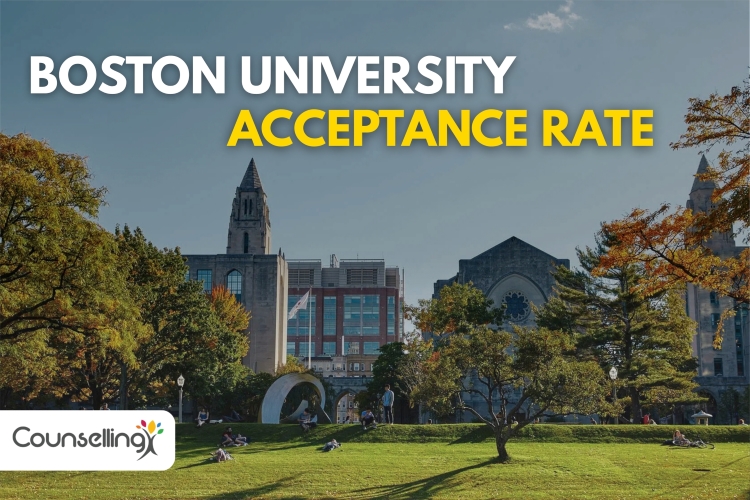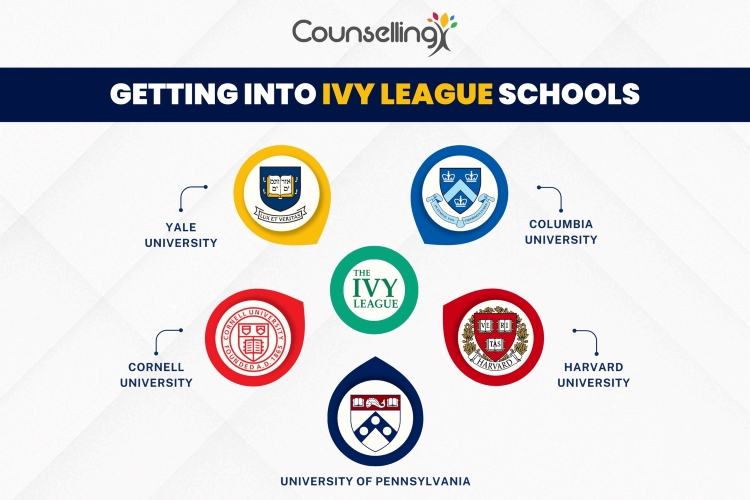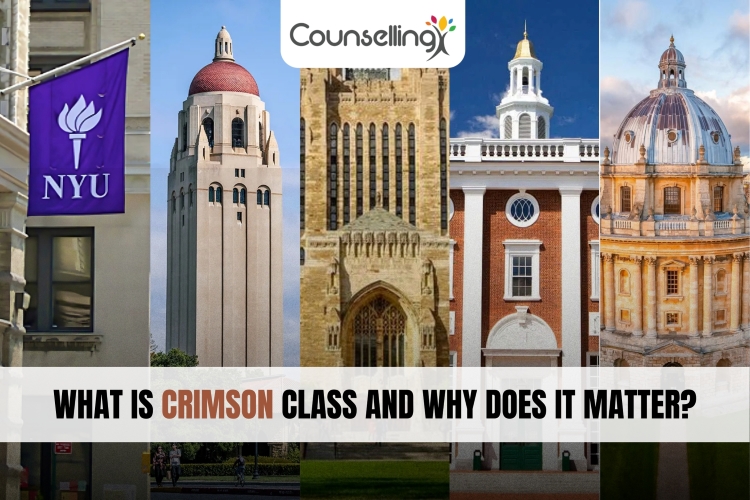Studying abroad is an exciting and transformative experience that offers countless opportunities for personal and academic growth. However, one of the challenges many international students face is integrating socially into a new culture and environment. Building meaningful connections can significantly enhance your experience and help you feel at home faster.
Tips to Integrate Socially
Here are some practical tips to help you integrate socially while studying abroad, complete with examples:

1. Participate in Orientation Programmes
Orientation programmes are designed to help new students become accustomed to their new environment. They often include tours of the campus and surrounding areas, information sessions about academic and social resources, and opportunities to meet other new students.
Example: At the University of Edinburgh, orientation week includes a "Welcome to Edinburgh" tour, where new international students are guided through the city’s key attractions and cultural landmarks. This helps students get their bearings and provides a shared experience with other new students, making it easier to strike up conversations and form connections.
Pro Tip: Take the initiative to introduce yourself to fellow students during these events. A simple "Hi, where are you from?" can be the start of a lasting friendship.
2. Join Clubs and Societies
Most universities have clubs and societies catering to various interests, including sports, arts, academics, and cultural activities. Joining these groups can help you meet people with similar interests and provide a sense of community.
Example: You might join the International Students Society at the University of Leeds, which organises events, trips, and social gatherings specifically for international students. Whether you are interested in playing football, joining a book club, or exploring local history, there is likely a group that aligns with your interests.
Tip: Don't hesitate to attend a meeting or event even if you're unsure. Many students are in the same boat and are eager to make new friends.
3. Attend Social Events
Universities often host social events such as welcome parties, cultural festivals, and networking events. Attending these events can be fun, allowing you to meet new people and learn about different cultures.
Example: The University of Bristol hosts an annual International Food Festival where students from different countries prepare and share dishes from their home cultures. Participating in or attending this festival can be a wonderful way to make friends and appreciate the diversity of the student body.
Bonus Tip: Volunteering at such events can be a great way to meet people and contribute to the community.
4. Volunteer
Volunteering is a fantastic way to get involved in the local community, meet new people, and make a positive impact. Look for volunteer opportunities through your university or regional organisations.
Example: Many universities, such as the University of Birmingham, have volunteer centres that connect students with local charities and community projects. Volunteering at a local food bank or participating in environmental cleanup projects can help you build connections and feel more integrated into the local community.
Insight: Volunteering not only helps you meet people but also allows you to give back to your new community, creating a sense of purpose and belonging.
5. Live with Local Students
If possible, choose accommodation options that allow you to live with local students rather than other international students. Living with locals can provide a more immersive cultural experience, help you improve your language skills, and better understand local customs and traditions.
Example: At King's College London, choosing to stay in university halls where local students are housed can provide daily opportunities to engage with British students, learn about their lifestyles, and share your own culture in a natural, informal setting.
Tip: Be open-minded and respectful of cultural differences. Living with locals can be a rewarding experience that broadens your horizons.
6. Take Part in Language Exchange Programmes
Language exchange programmes pair you with a native speaker who wants to learn your language. This mutual learning experience can help you improve your language skills, gain insights into the local culture, and build meaningful friendships.
Example: The University of Manchester offers a language exchange programme where students are matched based on the languages they want to learn and teach. By meeting regularly with a language partner, you can improve your English while helping them learn your native language.
Pro Tip: Be patient and encouraging with your language partner. Language learning is a gradual process, and mutual support can lead to lasting friendships.
7. Be Open and Approachable
Being open and approachable can go a long way in making new friends. Smile, say hello, and don’t be afraid to talk with classmates, roommates, or people you meet on campus. Showing interest in others and being willing to share your own experiences can help you build connections.
Example: During a seminar at the London School of Economics, introduce yourself to the person sitting next to you and ask about their background or thoughts on the lecture. Simple gestures like these can open the door to new friendships.
Tip: Remember, everyone is new at some point. Your openness can make others feel more comfortable and willing to connect.
8. Attend Cultural Exchange Events
Many universities and student organisations host cultural exchange events where students can share and learn about different cultures. These events can include international food festivals, cultural performances, and themed parties.
Example: The Global Gathering event at the University of Warwick is an annual celebration where students worldwide showcase their cultures through music, dance, food, and traditional attire. Participating in or attending such events can broaden your cultural understanding and help you make new friends.
Insight: These events foster a sense of community and appreciation for diversity, enriching your study abroad experience.
9. Utilise Social Media and Online Platforms
Social media and online platforms can be valuable tools for connecting with other students and staying informed about events and activities. Join university groups on platforms like Facebook, Instagram, or WhatsApp to stay updated on what’s happening on campus and find opportunities to get involved.
Example: Join the University of Oxford's Facebook group for international students, where members share information about upcoming events, study groups, and social outings. This can help you stay connected and find new ways to engage with the university community.
Tip: Be proactive in reaching out to others online. A simple message can lead to meaningful connections.
10. Seek Support Services
Many universities offer support services for international students, including counselling, academic support, and social integration programmes. Don’t hesitate to seek help if you feel homesick, overwhelmed, or struggling to adjust. These services are there to support you and can provide valuable resources for your well-being.
Example: At the University of Glasgow, the International Student Support team offers drop-in sessions, workshops, and one-on-one counselling to help international students navigate the challenges of living and studying abroad.
Insight: Seeking support is a sign of strength, not weakness. Universities are there to help you succeed and feel at home.
11. Explore the Local Area
Take the time to explore the city or town where you’re studying. Visit local attractions, try local food, and participate in community events. Exploring the local area can help you feel more connected to your new home and provide opportunities to meet residents.
Example: In Edinburgh, spend a weekend exploring the historic Royal Mile, visiting the iconic Edinburgh Castle, and sampling traditional Scottish cuisine. Getting to know the local culture and landmarks can enrich your experience and help you feel more at home.
Tip: Don’t just stick to tourist spots; explore local cafes, markets, and community spaces. Joining local walking tours or meetups through apps like Meetup or Eventbrite can lead to spontaneous and genuine interactions.
12. Stay Connected with Your Home Culture
While immersing yourself in your new environment is essential, staying connected with your home culture provides emotional balance and comfort. This dual connection helps reduce culture shock and supports your mental well-being.
Example: If you’re studying at the University of Birmingham and you’re from China, joining the Chinese Students and Scholars Association (CSSA) allows you to celebrate festivals like the Lunar New Year with a supportive community. This not only keeps traditions alive but also provides a comforting sense of familiarity.
Tip: Share your culture with your new friends, cook a traditional meal, teach them a few words in your language, or celebrate a holiday together. Cultural exchange is a two-way street.
13. Practice Self-Care
Adapting to a new culture and environment can be mentally and physically demanding. Prioritising self-care helps you stay resilient and maintain your overall well-being.
Example: At the University of Sussex, students have access to wellness centres that offer yoga sessions, mindfulness workshops, and quiet zones for stress relief. Whether it’s attending a group fitness class or taking a walk in nature, find small routines that recharge you.
Insight: Social integration starts with feeling good in yourself. When you’re mentally and emotionally well, you're more open to engaging with others and enjoying new experiences.
Conclusion
Integrating socially while studying abroad isn’t just about making friends; it’s about building a life, one connection at a time. Every smile, shared story, or group project is a step forward in building your community. And yes, there will be awkward moments and cultural hiccups, but those are part of the journey.
Be proactive, say yes to new experiences and don’t underestimate the power of small efforts. Whether it’s a coffee after class or a weekend trip with your flatmates, these moments can blossom into friendships that last a lifetime.
So go ahead; sign up for that society, join that language exchange, ask someone to lunch. You’re not just studying abroad; you’re creating a new chapter in your life. And, it’s worth making unforgettable.











